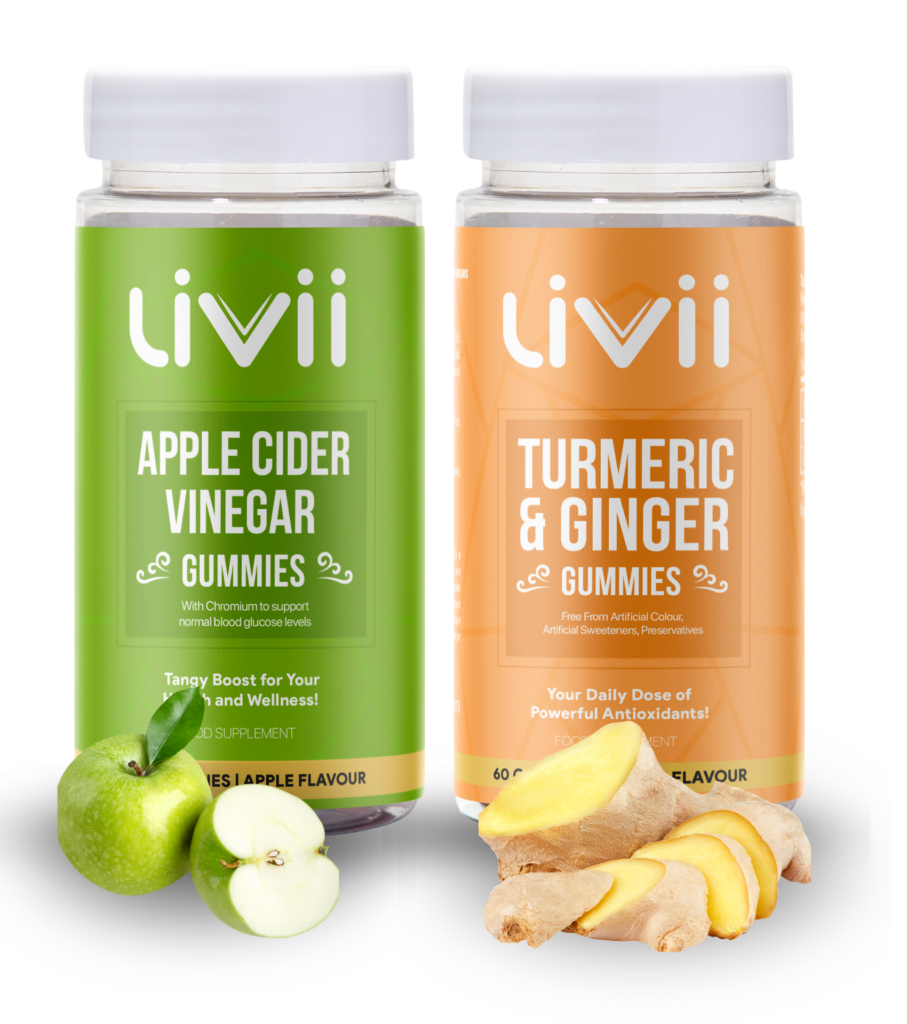
Spend £30. Get FREE Delivery Today
International Delivery Available
Spend £30. Get FREE Delivery Today
International Delivery Available

In recent years, gut health has emerged as a cornerstone of overall wellness. The gut, often referred to as the “second brain,” plays a vital role in not just digestion, but also in immune function, mental health, and even weight management. Understanding how to improve gut health can lead to numerous benefits, enhancing both physical and mental well-being.
The gut microbiome consists of trillions of bacteria, fungi, and other microorganisms. These tiny inhabitants help digest food, produce essential vitamins, and protect against harmful pathogens. A balanced microbiome is crucial for optimal gut health, influencing everything from mood to metabolism.

How you eat is as important as what you eat. Chewing food thoroughly and eating slowly can aid digestion and enhance nutrient absorption. Being mindful during meals can also reduce stress, benefiting gut health.
Improving gut health is a holistic process that involves dietary choices, lifestyle changes, and mindful habits. By incorporating these tips, you can foster a healthier gut environment, leading to improved digestion, better immune function, and enhanced overall well-being. Remember, small changes can make a significant difference, so start with one or two tips and gradually build on your progress for lasting gut health benefits.


Naturally delicious gummies designed to boost wellness and improve overall health.

Customer Care
Quick Links
Get up to date information on our new collections & exclusive offers.
Copyright © 2024 Livii Supplements
We noticed you're visiting from Latvia. We've updated our prices to Euro for your shopping convenience. Use Pound sterling instead. Dismiss